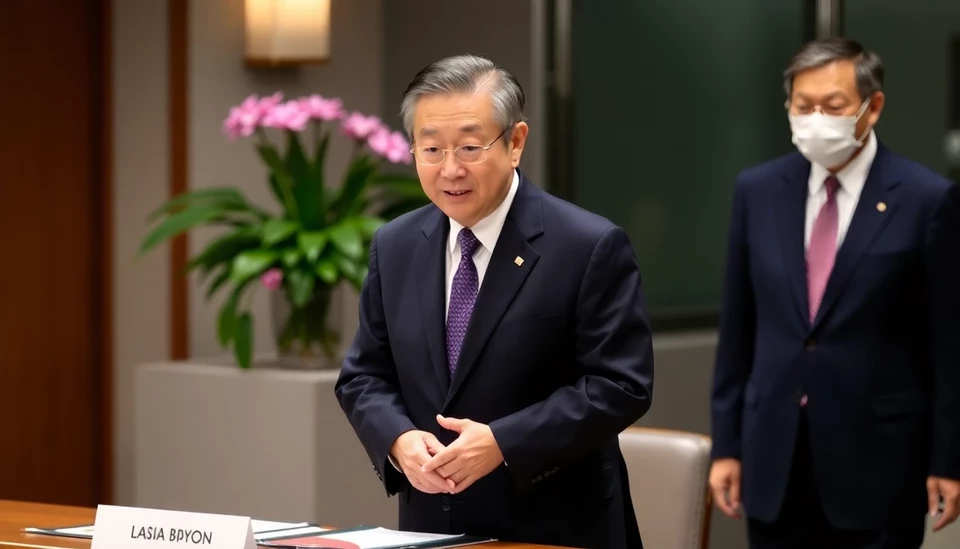
In a surprising turn of events, Japan's government is set to approve its budget for the upcoming fiscal year just one day before it officially begins. This last-minute decision underscores the challenges faced by policymakers as they navigate through economic uncertainties, amid rising costs and global market pressures.
The approval is scheduled for March 31, just hours before the start of the new fiscal year on April 1. This timeline has raised eyebrows among analysts and economists who are closely monitoring Japan's fiscal strategies. The government’s ability to finalize the budget in such a short timeframe raises questions about the thoroughness of the process and the implications for the nation’s economic stability.
Japan's fiscal budget is typically a well-planned document that outlines government spending, investment in infrastructure, and public welfare initiatives. However, the recent fluctuations in the global economy have prompted the government to make last-minute adjustments to better equip itself for the uncertainties ahead.
Stakeholders, including business leaders and economists, are eagerly anticipating how this budget will address key issues such as Japan’s aging population, which requires increased healthcare spending, and the need for revitalization in the region's economic performance. The details of the budget remain under wraps but are expected to include measures aimed at stimulating the economy, including tax incentives and investments aimed at innovation and sustainability.
Critics have voiced concerns regarding the hurried nature of the approval process. They argue that rushing through such an important document could lead to oversight of significant issues that need addressing, including public debt management and economic growth strategies. Proponents, on the other hand, argue that the government is acting pragmatically in response to the fast-evolving economic landscape.
As Japan prepares to roll out this budget, attention will now turn to how effectively the government can implement the outlined strategies and manage the economic ramifications. With the fiscal year about to commence, businesses and citizens alike are hopeful that the policies set forth will create a stable environment conducive to growth and recovery.
Overall, Japan's approach to this budget reflects a delicate balancing act between immediate fiscal needs and long-term strategic goals. The coming weeks will be critical to observe how these policies play out in real-time, as the nation continues to navigate through a complex economic terrain.
Additionally, the government has indicated that it will closely monitor the budget implementation process to ensure that key objectives are met. The focus will be on transparency and communication, keeping the public informed about economic developments in light of this unusual budget timeline.
As Japan stands on the brink of a new fiscal year, all eyes will be on the government’s next moves as they seek to foster a resilient economy amidst uncertainties.
#JapanBudget #FiscalPolicy #EconomicStability #LastMinuteDecisions #PublicFinance #EconomicGrowth #JapanNews
Author: Daniel Foster
